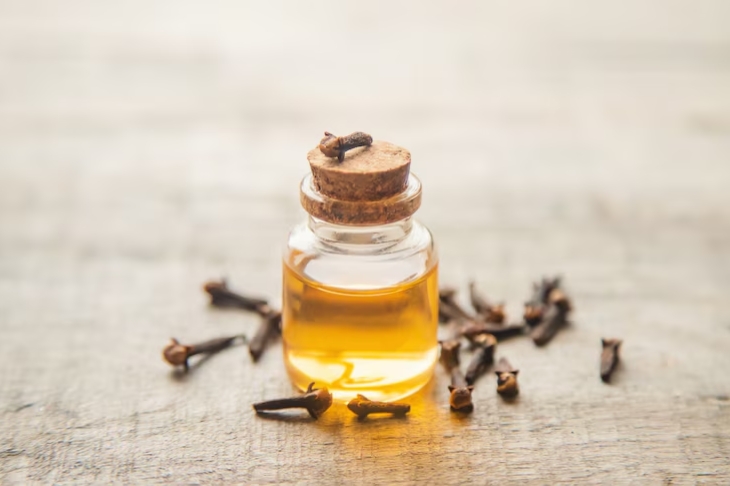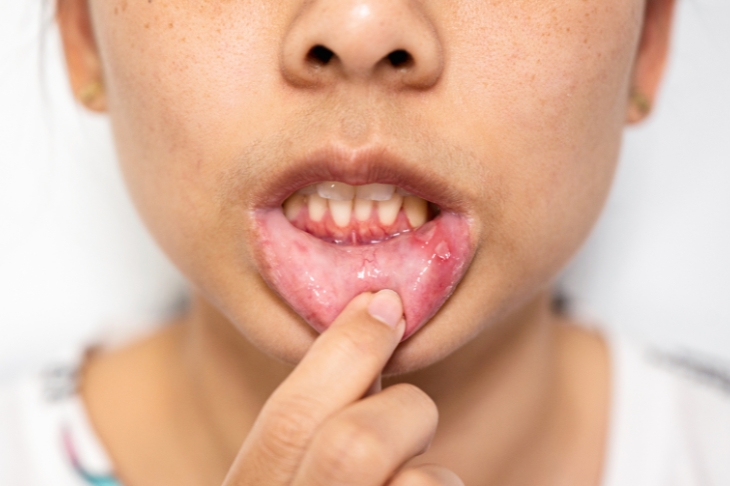Understanding Gum Infections
Gum infections, often stemming from plaque buildup, can lead to serious dental issues. When bacteria thrive in your mouth, they form a sticky film known as plaque. If it is not taken away, plaque becomes hard and turns into tartar, which annoys the gums and causes swelling. This condition, called gingivitis, can progress to more severe forms of gum disease if left untreated. The good news is that there are natural ways to combat these infections and promote healthier gums.
Taking proactive steps towards oral hygiene is essential. Regular brushing and flossing play a crucial role in keeping your mouth clean. However, incorporating natural remedies can enhance your gum health and help you beat infections.
The Power of Herbal Remedies
Using herbal remedies can be an effective way to support gum health. Many herbs possess antibacterial and anti-inflammatory properties. For instance, neem is well-known for its ability to fight bacteria. Chewing neem leaves or using neem oil as a mouth rinse can help reduce plaque and soothe inflamed gums.
Another powerful herb is clove. Clove oil contains eugenol, which is known to be effective in relieving pain and fighting germs. Applying diluted clove oil directly to the gums can alleviate pain and reduce infection. Additionally, sage and thyme are excellent for promoting oral health due to their antimicrobial qualities. You can make a mouthwash by steeping these herbs in hot water, allowing it to cool before use.

The Role of Essential Oils
Essential oils can also be valuable allies in maintaining gum health. Tea tree oil, for example, is renowned for its antimicrobial effects. Adding a drop of tea tree oil to your toothpaste can provide an extra layer of protection against bacteria. However, it’s crucial to use it in moderation, as undiluted essential oils can be irritating.
Peppermint oil is another fantastic option. The refreshing flavor is not only delicious but can also aid in preventing bad breath. Mixing a few drops of peppermint oil with water makes a soothing mouth rinse. This can leave your mouth feeling fresh while fighting off harmful bacteria.
Dietary Choices That Make a Difference
Nutrition plays a pivotal role in oral health. Eating foods that are full of vitamins and minerals can help make your gums and teeth stronger. Vitamin C is particularly important for gum health, as it helps repair tissues and fight inflammation. Citrus fruits, strawberries, and leafy greens are excellent sources of this essential vitamin. Incorporating these foods into your diet can help your body combat gum infections.
Omega-3 fatty acids are another vital component. Found in fatty fish, flaxseeds, and walnuts, omega-3s have anti-inflammatory properties that can help reduce gum swelling. Including these foods in your meals can foster healthier gums and enhance overall well-being.
The Importance of Hydration
Staying hydrated is often overlooked but is crucial for maintaining gum health. Water helps wash away food particles and bacteria, reducing the risk of plaque buildup. Also, drinking enough water helps make saliva, which is important for balancing acids in the mouth and stopping tooth decay. Aim to drink at least eight glasses of water daily, and consider rinsing your mouth with water after meals.
If you have trouble enjoying plain water, consider adding fruits or herbs to give it a better taste. This can make staying hydrated more enjoyable while promoting a healthier mouth.
The Benefits of Oil Pulling
Oil pulling is an ancient practice that has gained popularity for its potential benefits in oral health. This technique involves swishing a tablespoon of oil, typically coconut or sesame oil, in your mouth for about 15 to 20 minutes. This process can help remove toxins, bacteria, and plaque, leading to healthier gums.
Coconut oil, in particular, has antimicrobial properties that can combat harmful bacteria in the mouth. Additionally, oil pulling can help reduce bad breath and improve overall oral hygiene. While it should not replace regular brushing and flossing, it can be a beneficial addition to your routine.
Stress Management and Its Impact
Stress can significantly impact your oral health, often leading to gum problems. When you feel stressed, your body makes extra cortisol, which can lead to more swelling. This makes it easier for gum disease to take hold. Finding effective ways to manage stress can help mitigate its effects on your gums.
Practices such as yoga, meditation, and deep-breathing exercises can promote relaxation and reduce stress levels. Regular physical activity is also beneficial, as it releases endorphins that enhance mood and overall well-being. By prioritizing stress management, you can contribute to healthier gums and a happier life.
Regular Dental Checkups
While natural remedies can be effective, regular dental checkups are essential for maintaining optimal gum health. Dentists can detect early signs of gum disease and provide professional cleanings that remove plaque and tartar buildup. They can also guide you in implementing effective oral care practices tailored to your needs.
If you’re in the Katy area, consider exploring the quality periodontal treatments Katy offers. These services can help address gum issues before they escalate, ensuring your gums remain healthy.
Signs of Gum Disease
Being aware of the signs of gum disease can help you take action before problems worsen. Common symptoms include swollen or red gums, bleeding during brushing, and persistent bad breath. If you observe any of these indicators, please consult your dentist without delay. Early intervention can prevent further complications and promote healing.
Maintaining Healthy Gums
Incorporating these natural remedies and lifestyle changes can significantly impact your gum health. Focus on a balanced diet, regular hydration, and effective oral hygiene practices. Utilizing herbs and essential oils can provide additional support in combating gum infections.
Remember, healthy gums are vital for overall well-being. By prioritizing your oral health, you’re not just enhancing your smile but also contributing to your happiness. If you experience persistent gum problems, it may be time to consult a dental professional. Understanding the signs you may need periodontal surgery can help you make informed decisions about your oral care.
By taking these proactive steps, you can enjoy healthy gums and a happier life. Embrace these natural methods, and watch your gum health improve over time.


